Run.ai software will be made open source in wake of Nvidia acquisition
Infrastructure management tools from Run:ai will be made available across the AI ecosystem
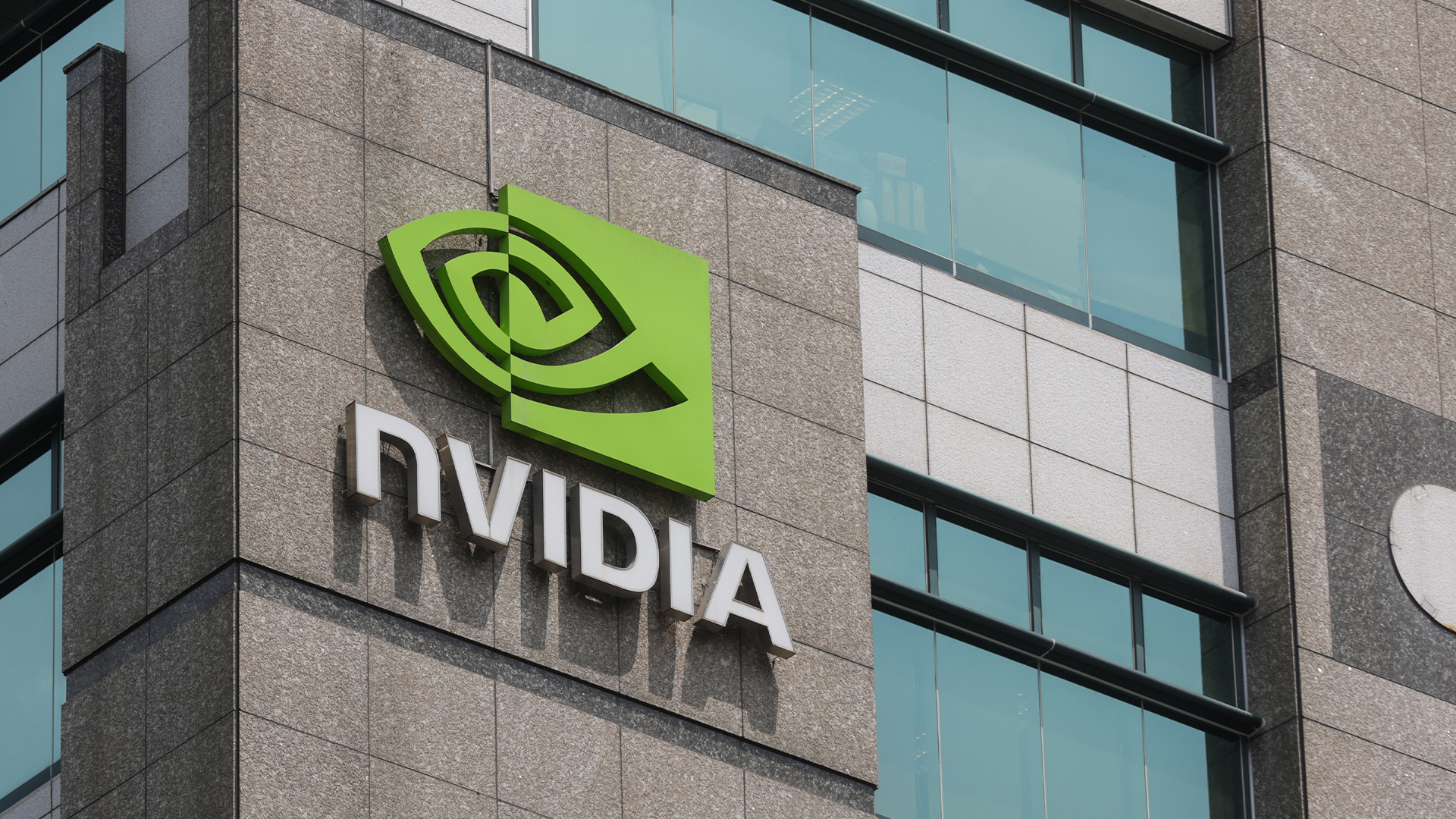

Run:ai has confirmed its acquisition by Nvidia has been successful, adding that the chip giant plans to make its AI optimization tools open source so it can work across a wider variety of systems beyond Nvidia's own GPUs.
Founded in 2018, Run:ai develops software to help support AI infrastructure, building a platform on Kubernetes, the orchestration layer for much of the hardware that powers AI and the cloud.
Nvidia offered a reported $700 million for the startup in April, but the deal has faced regulatory scrutiny. Weeks after European regulators approved the deal, a blog post by Run:ai's founders has confirmed that the Nvidia acquisition is now complete.
"AI and accelerated computing are transforming the world at an unprecedented pace, and we believe this is just the beginning," said CTO Ronen Dar and CEO Omri Geller, the company's co-founders, in a blog post.
"GPUs and AI infrastructure will remain at the forefront of driving these transformative innovations and joining Nvidia provides us an extraordinary opportunity to carry forward a joint mission of helping humanity solve the world’s greatest challenges.
Run:ai says its software manages and optimizes the infrastructure that powers AI — whether in the cloud, on-premise, or a hybrid design — with the aim of boosting development, making best use of resources, and helping companies innovate in AI.
It allows AI developers to manage shared compute from a centralized interface, including pooling GPUs and applying them to different tasks, as well as managing users and their access.
Get the ITPro daily newsletter
Sign up today and you will receive a free copy of our Future Focus 2025 report - the leading guidance on AI, cybersecurity and other IT challenges as per 700+ senior executives
"We will continue to help our customers to get the most out of their AI Infrastructure and offer the ecosystem maximum flexibility, efficiency and utilization for GPU systems, wherever they are: On-Prem, in the cloud through native solutions, or on Nvidia DGX Cloud, co-engineered with leading CSPs," they added.
Open source for open AI
At the time the deal was announced, Nvidia said it would continue to offer Run:ai's products under the same existing business model for the "immediate future".
At the moment, Run:ai's technology currently only works with Nvidia GPUs — but the acquisition is set to change that with Run:ai pledging to open source its software.
"While Run:ai currently supports only Nvidia GPUs, open sourcing the software will enable it to extend its availability to the entire AI ecosystem," the co-founders added.
RELATED WHITEPAPER

"True to our open-platform philosophy, as part of Nvidia, we will keep empowering AI teams with the freedom to choose the tools, platforms, and frameworks that best suit their needs," they wrote.
"We will continue to strengthen our partnerships and work alongside the ecosystem to deliver a wide variety of AI solutions and platform choices."
Regulatory challenges
The deal was first announced in April, with Nvidia offering $700 million for the Israeli startup.
The European Commission examined the deal, citing antitrust concerns, but approved the acquisition in December on the grounds that Run:ai has "negligible" revenue so fails to meet necessary thresholds to take action.
The EC had been concerned that the deal would further cement Nvidia's dominance in the AI market. At present, Nvidia controls about 80% of the market for AI GPUs.
Freelance journalist Nicole Kobie first started writing for ITPro in 2007, with bylines in New Scientist, Wired, PC Pro and many more.
Nicole the author of a book about the history of technology, The Long History of the Future.
-
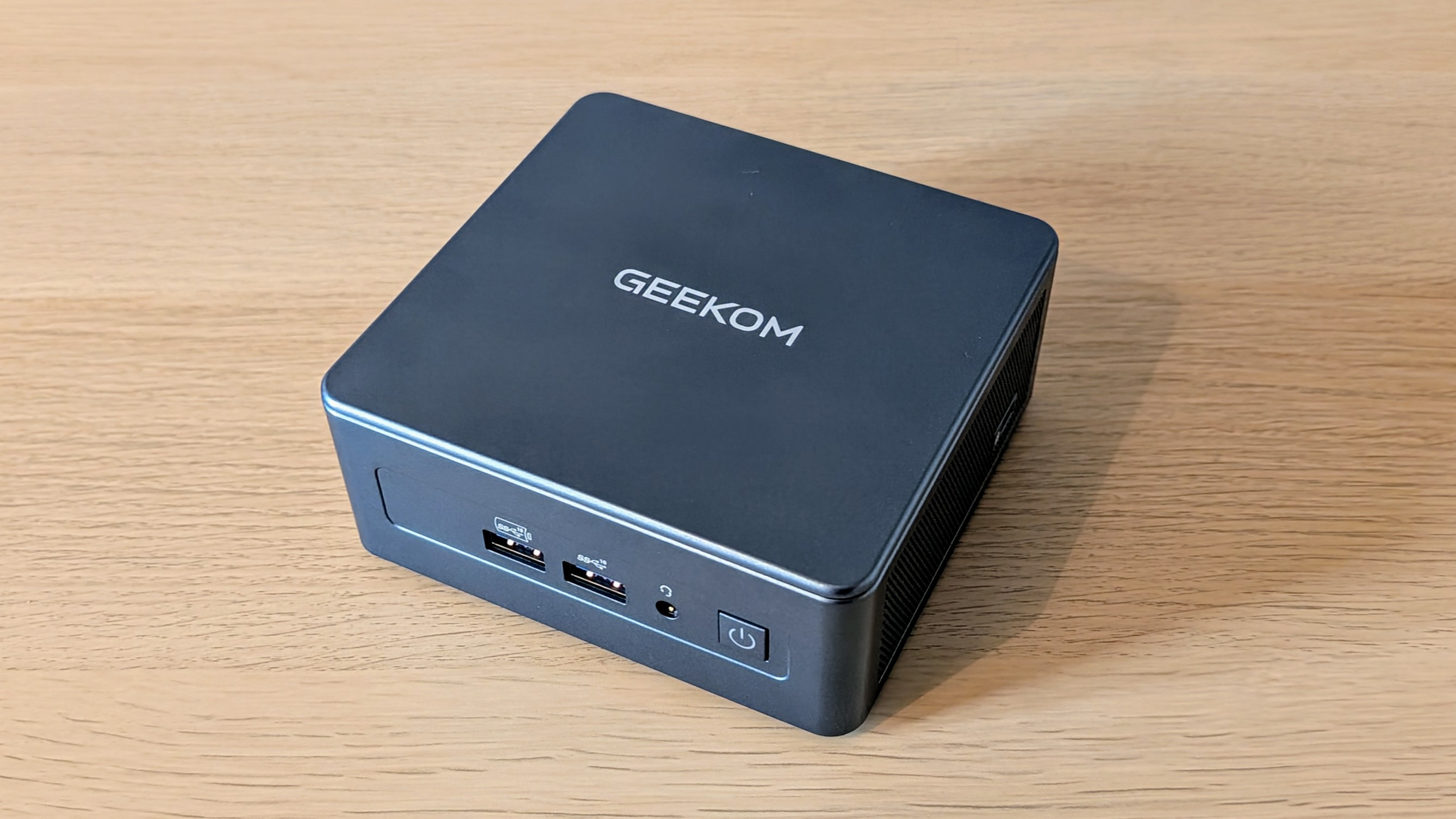 Geekom Mini IT13 Review
Geekom Mini IT13 ReviewReviews It may only be a mild update for the Mini IT13, but a more potent CPU has made a good mini PC just that little bit better
By Alun Taylor
-
 Why AI researchers are turning to nature for inspiration
Why AI researchers are turning to nature for inspirationIn-depth From ant colonies to neural networks, researchers are looking to nature to build more efficient, adaptable, and resilient systems
By David Howell
-
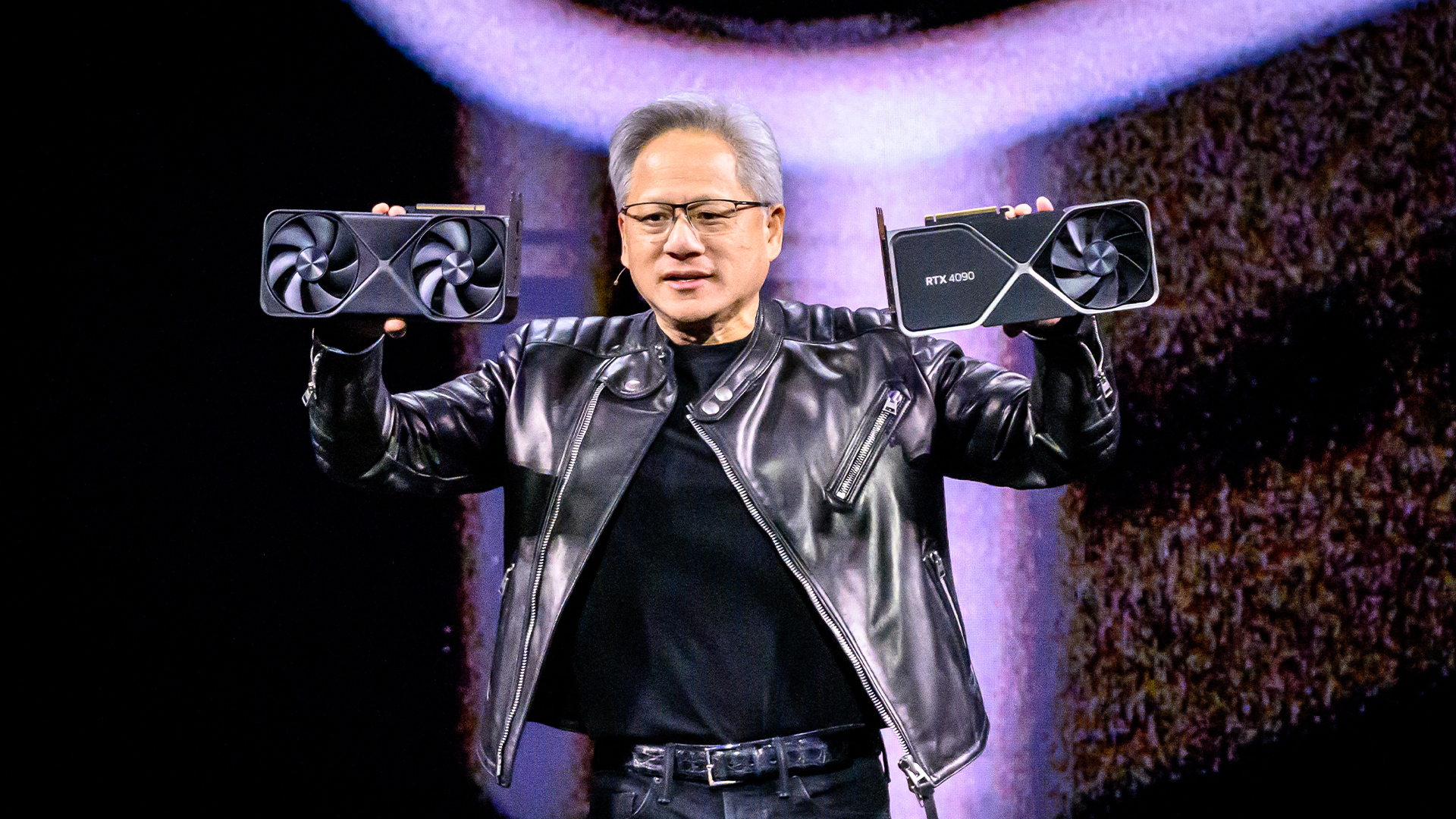 Nvidia GTC 2025: Four big announcements you need to know about
Nvidia GTC 2025: Four big announcements you need to know aboutNews Nvidia GTC 2025, the chipmaker’s annual conference, has dominated the airwaves this week – and it’s not hard to see why.
By Ross Kelly
-
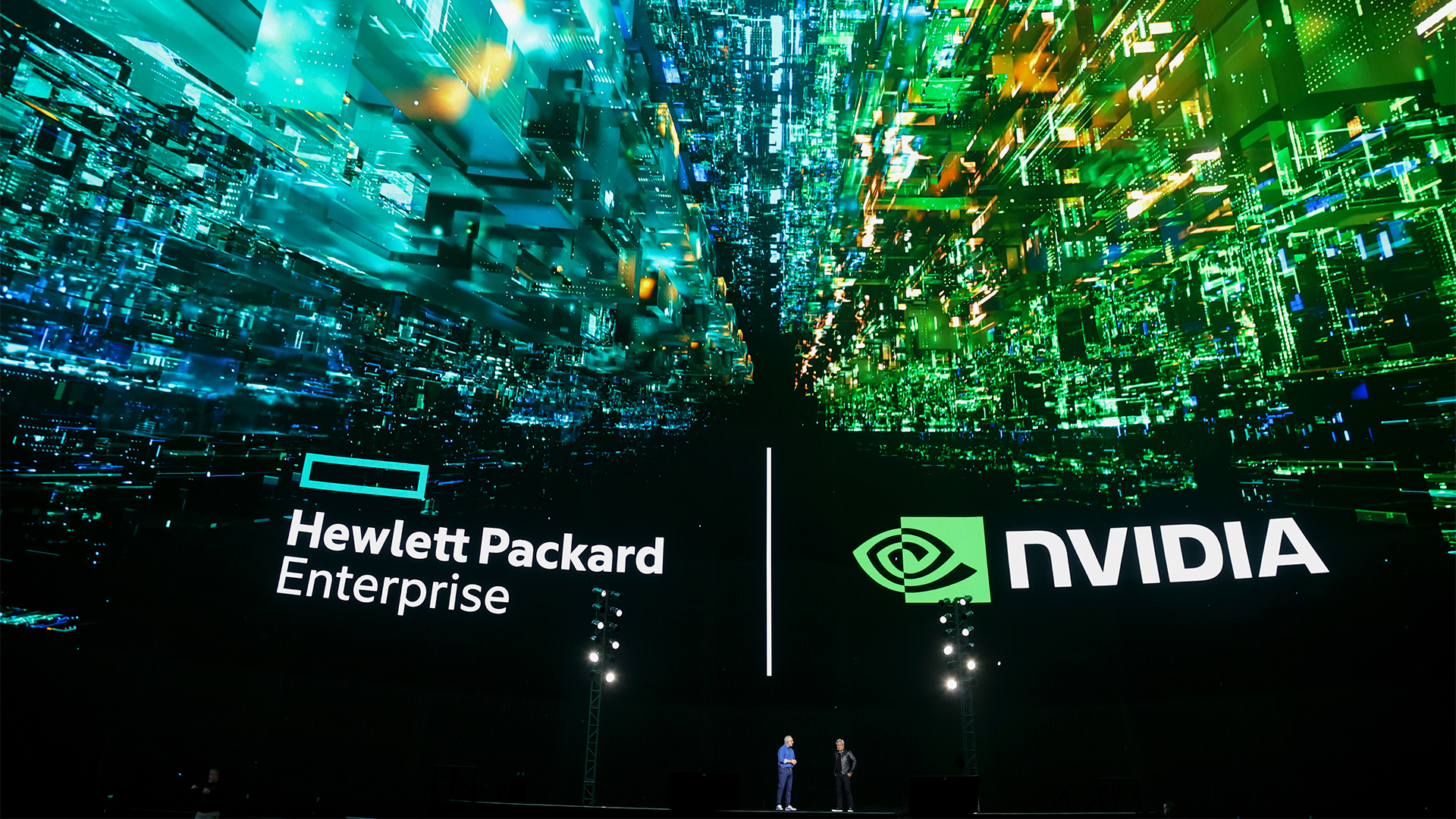 HPE unveils Mod Pod AI ‘data center-in-a-box’ at Nvidia GTC
HPE unveils Mod Pod AI ‘data center-in-a-box’ at Nvidia GTCNews Water-cooled containers will improve access to HPC and AI hardware, the company claimed
By Jane McCallion
-
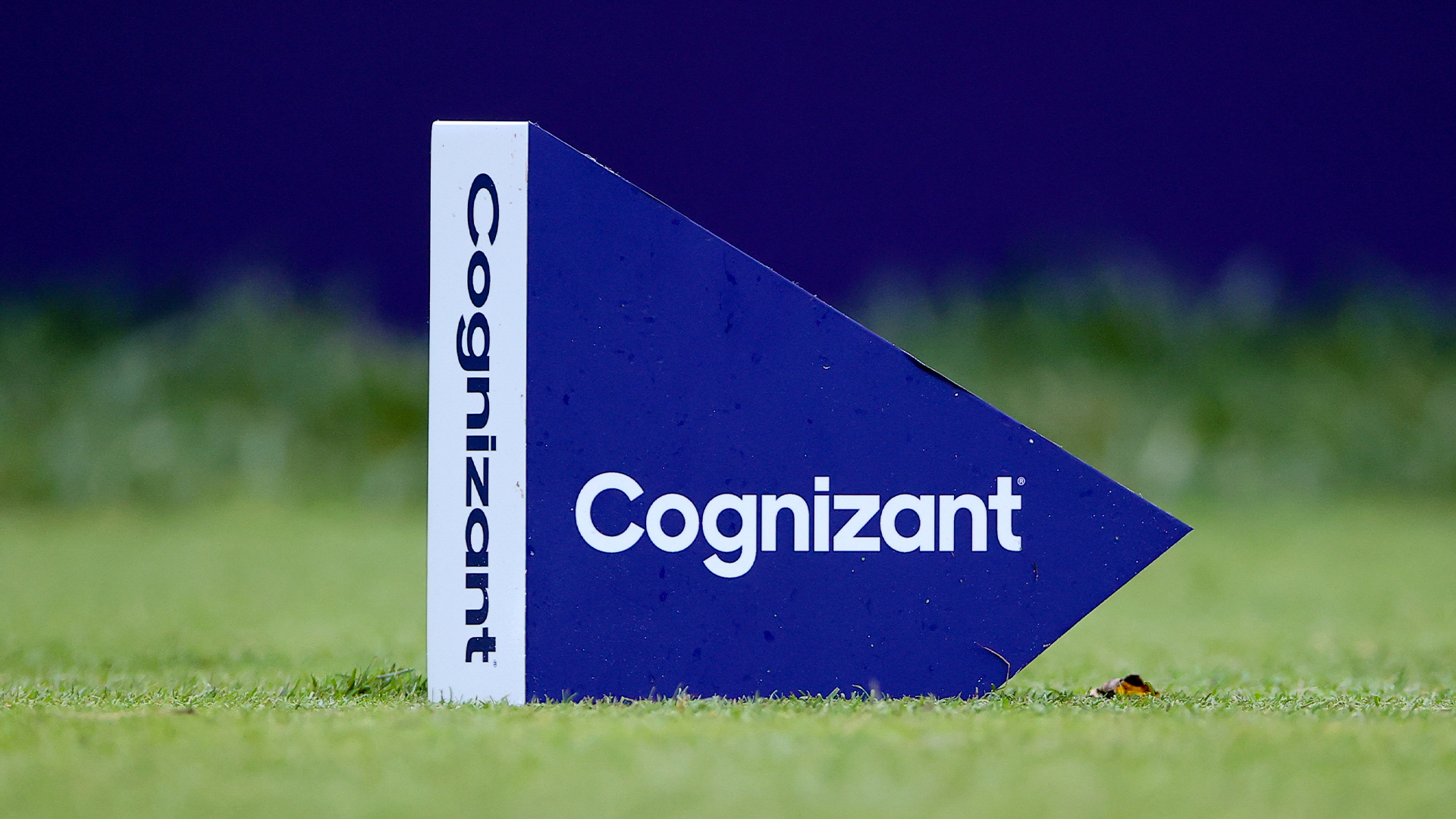 Cognizant and Nvidia team up to supercharge data modernization
Cognizant and Nvidia team up to supercharge data modernizationNews The collaboration merges Nvidia AI with Cognizant’s data analytics accelerators to deliver “unprecedented speed and efficiency”
By Daniel Todd
-
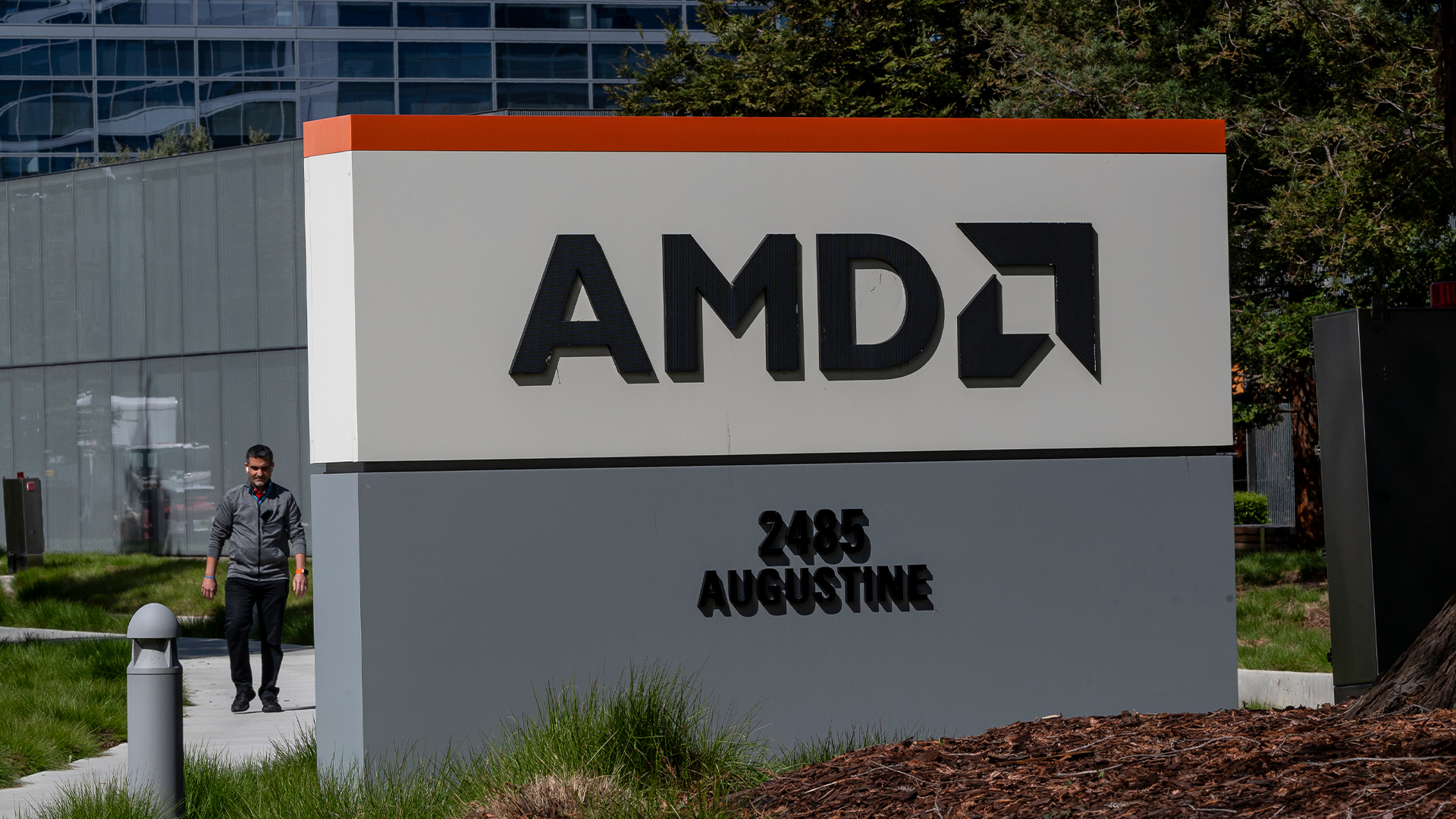 AMD’s ZT Systems acquisition primes it for a battle with Nvidia
AMD’s ZT Systems acquisition primes it for a battle with NvidiaNews AMD plans to expand its AI infrastructure capabilities with the $4.9 billion deal
By Emma Woollacott
-
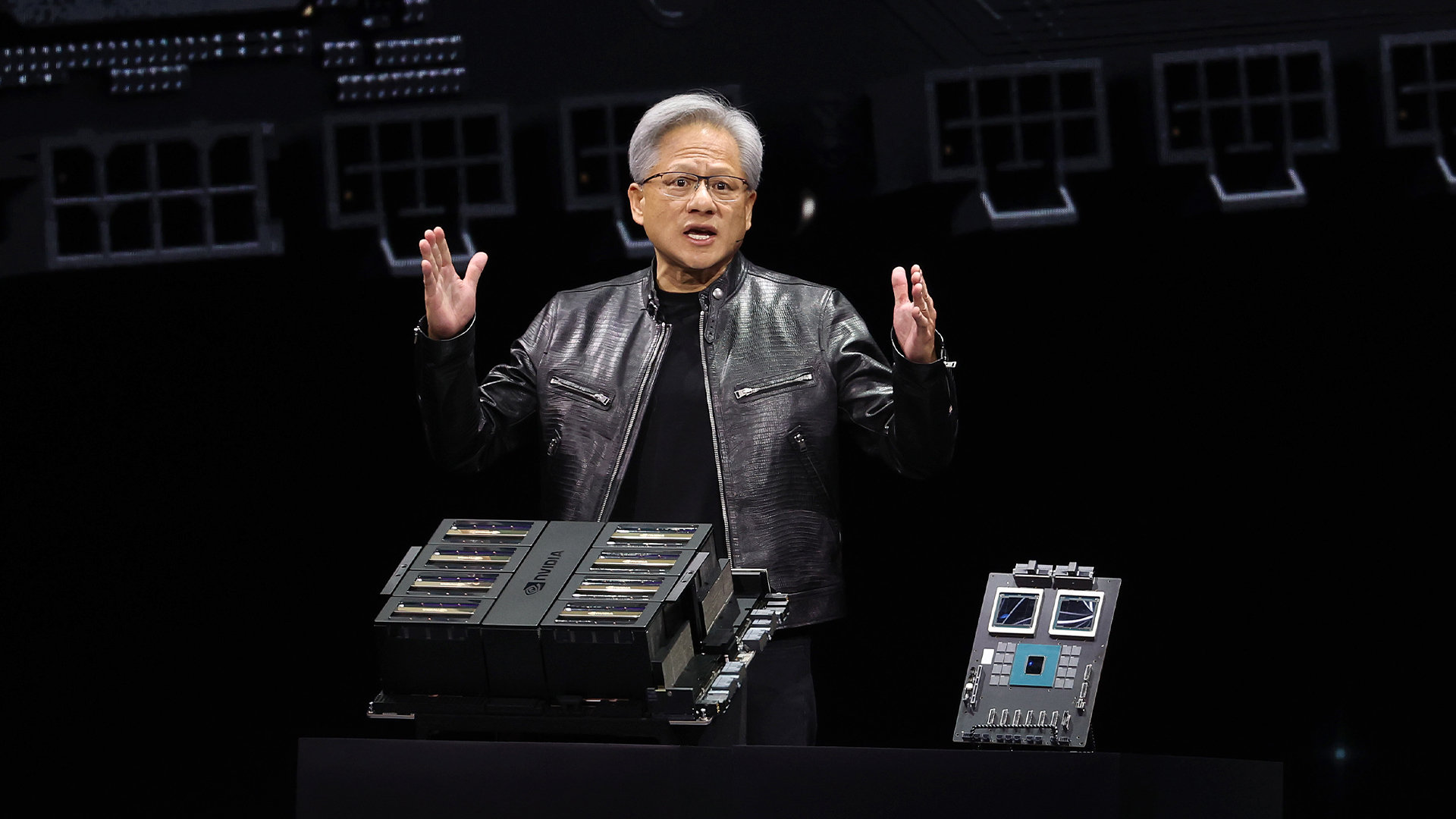 Nvidia thinks it’s time to start measuring data center efficiency by other metrics — is this the end of PUE?
Nvidia thinks it’s time to start measuring data center efficiency by other metrics — is this the end of PUE?News Nvidia says data center efficiency has moved on so much that new measures are needed to track performance
By Steve Ranger
-
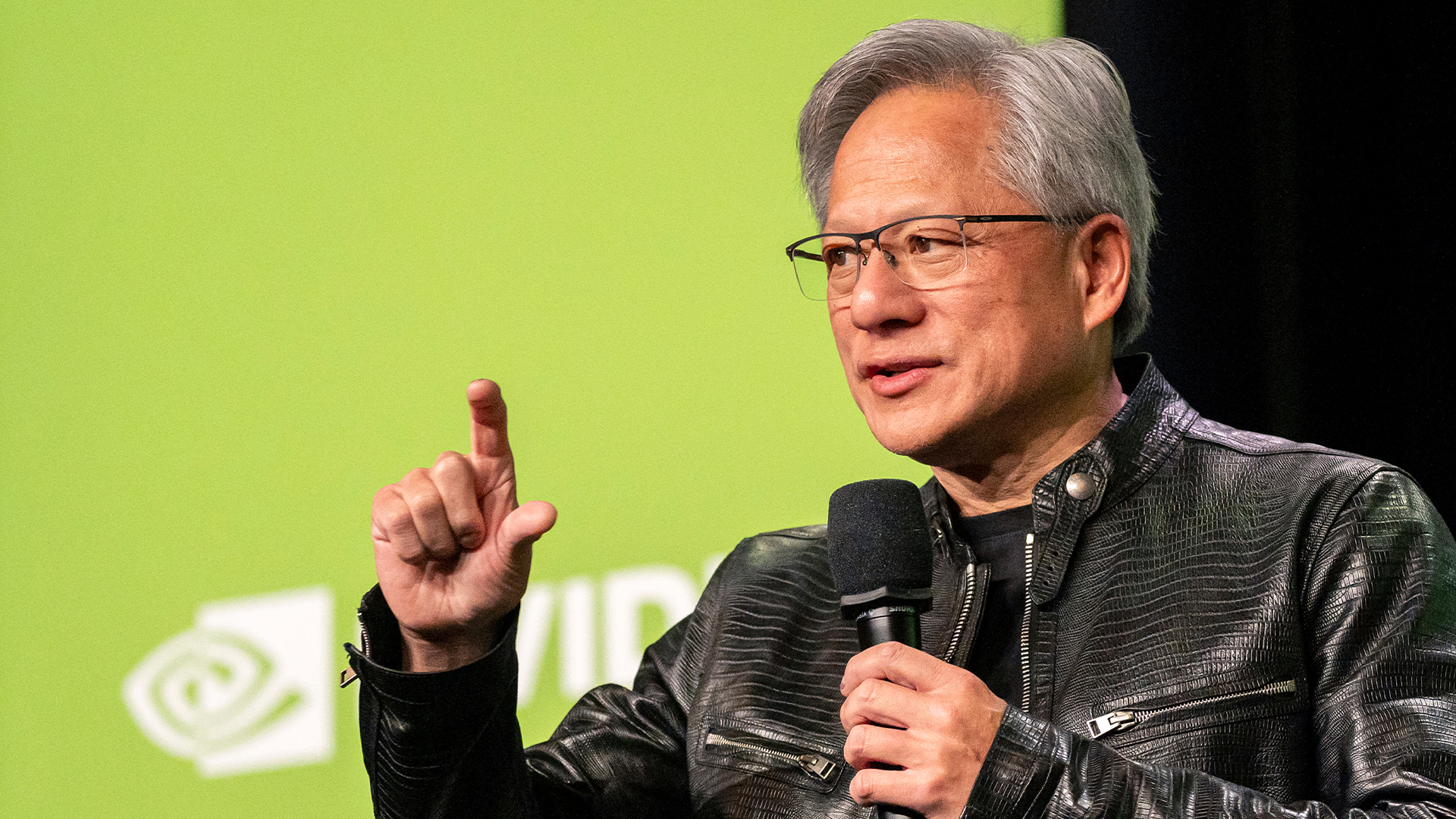 Nvidia wants telcos to ramp up 6G research — and it’s betting AI will be the key to future development
Nvidia wants telcos to ramp up 6G research — and it’s betting AI will be the key to future developmentNews Nvidia has unveiled a new 6G research platform that will allow telcos to explore using AI for radio access network technology
By Solomon Klappholz
-
 Lenovo and VMware expand partnership to offer turnkey Nvidia-powered AI solutions
Lenovo and VMware expand partnership to offer turnkey Nvidia-powered AI solutionsNews The collaboration aims to help customers leverage purpose-built Nvidia AI solutions for more predictable outcomes
By Daniel Todd
-
 Nvidia takes aim at Intel with first data centre CPU
Nvidia takes aim at Intel with first data centre CPUNews The company claims the Arm-based processor will deliver 10x the performance of today's fastest server chips
By Zach Marzouk